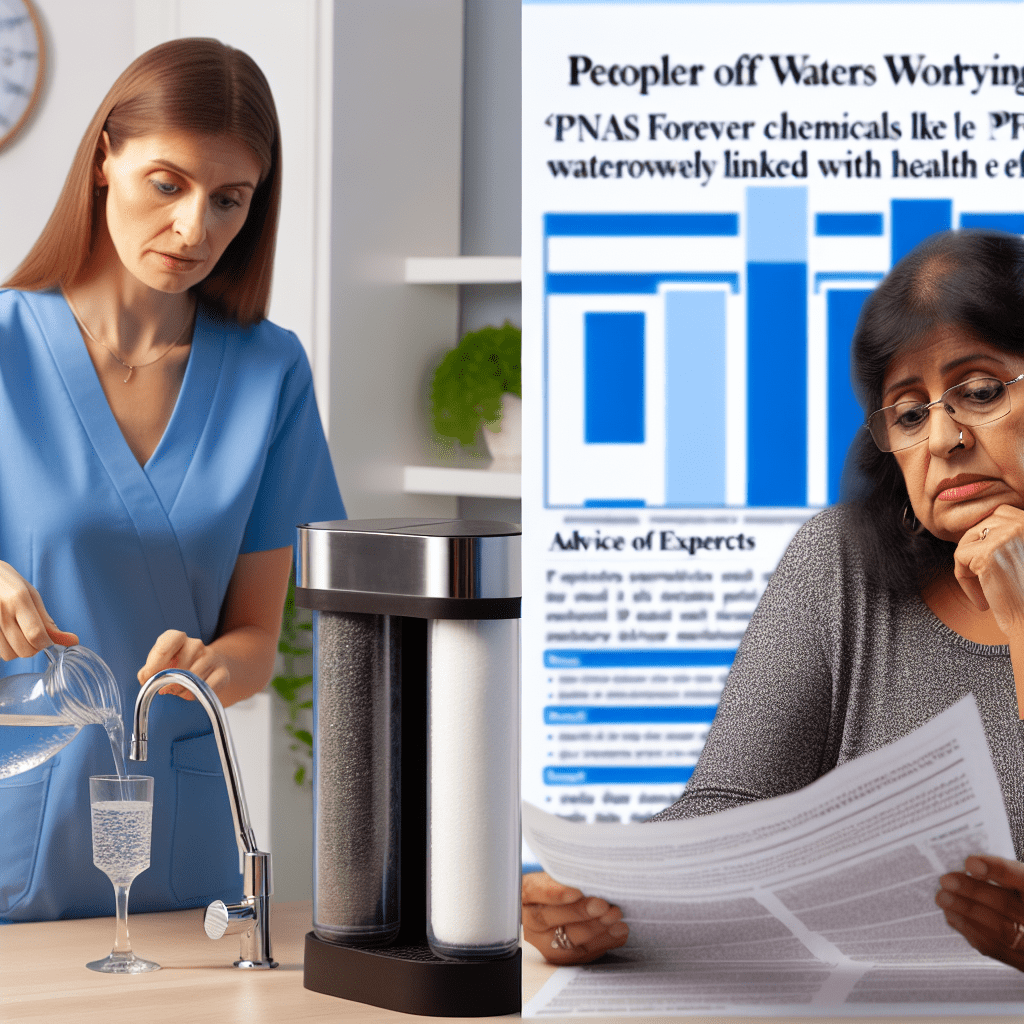Concerns over the safety of our drinking water have been on the rise in recent years, with more and more people opting for alternative sources of water. Louise, a 34-year-old nurse from Greater Manchester, stopped drinking tap water 12 years ago due to her concerns about water quality. She has since spent hundreds of pounds on at-home filtration systems to ease her worries.
A study published last year showed that over half of people across 141 countries were worried about the safety of their drinking water in the next two years. This concern was found to be more common among women, city-dwellers, and those with higher levels of education and financial difficulties. In the UK, more than 20% of people reported being worried about their drinking water, and trust in water companies has also decreased in recent years.
Claire, a 59-year-old from Cheltenham, stopped drinking tap water after her father was diagnosed with Parkinson’s disease and cancer more than a decade ago. Her concerns were reinforced by the 2007 flash flooding in Gloucestershire, which left her and her neighbors without drinking water for three weeks due to contamination.
While the UK’s Drinking Water Inspectorate and other regulatory agencies have strict rules in place to ensure the removal of harmful contaminants, there are still concerns about the presence of “forever chemicals” such as PFAs in our drinking water. These chemicals have been linked to various health issues, including cancer and reduced fertility. And while there are systems in place to remove these chemicals, they are not always effective, and there is currently no legal requirement for water companies to do so.
Experts suggest using carbon filters to remove PFAs from your drinking water, and at-home filtration systems can be effective in doing so. Boiling water, while helpful in removing microbial contaminants, will not eliminate PFAs. Bottled water, while regulated, also poses its own risks, such as exposure to microplastics.
Ultimately, tap water goes through rigorous testing and is considered the safest source of drinking water. However, if you have concerns, using a carbon filter or investing in an at-home filtration system may provide peace of mind.

